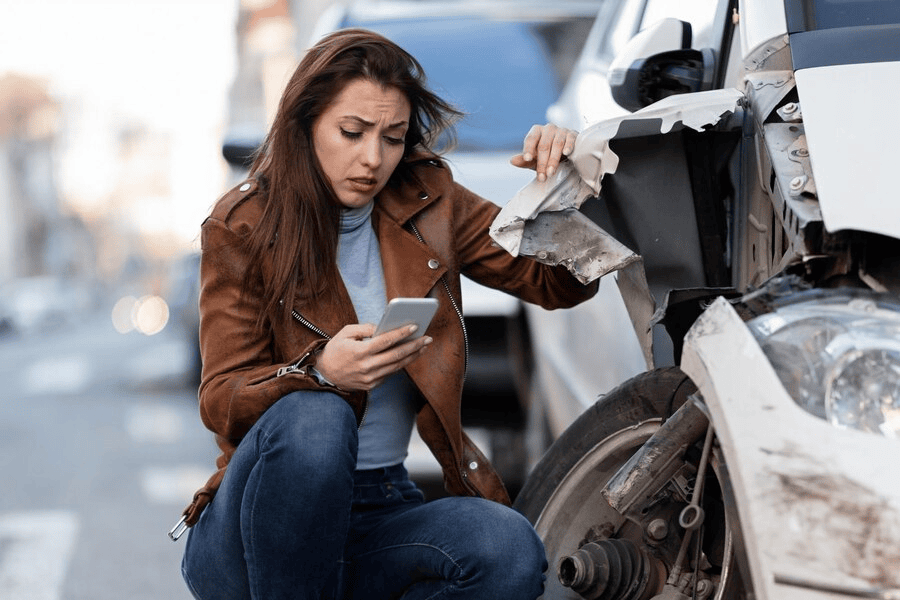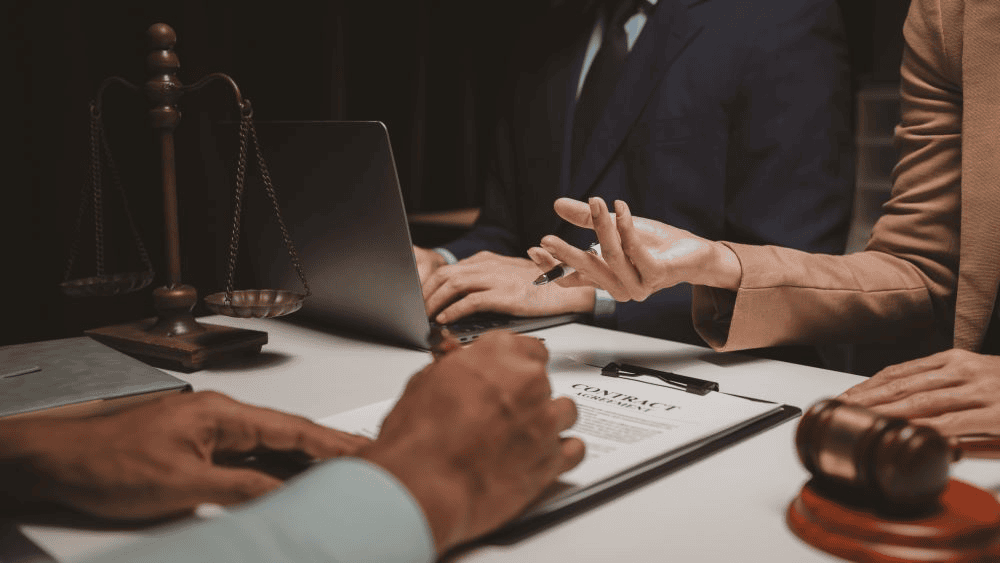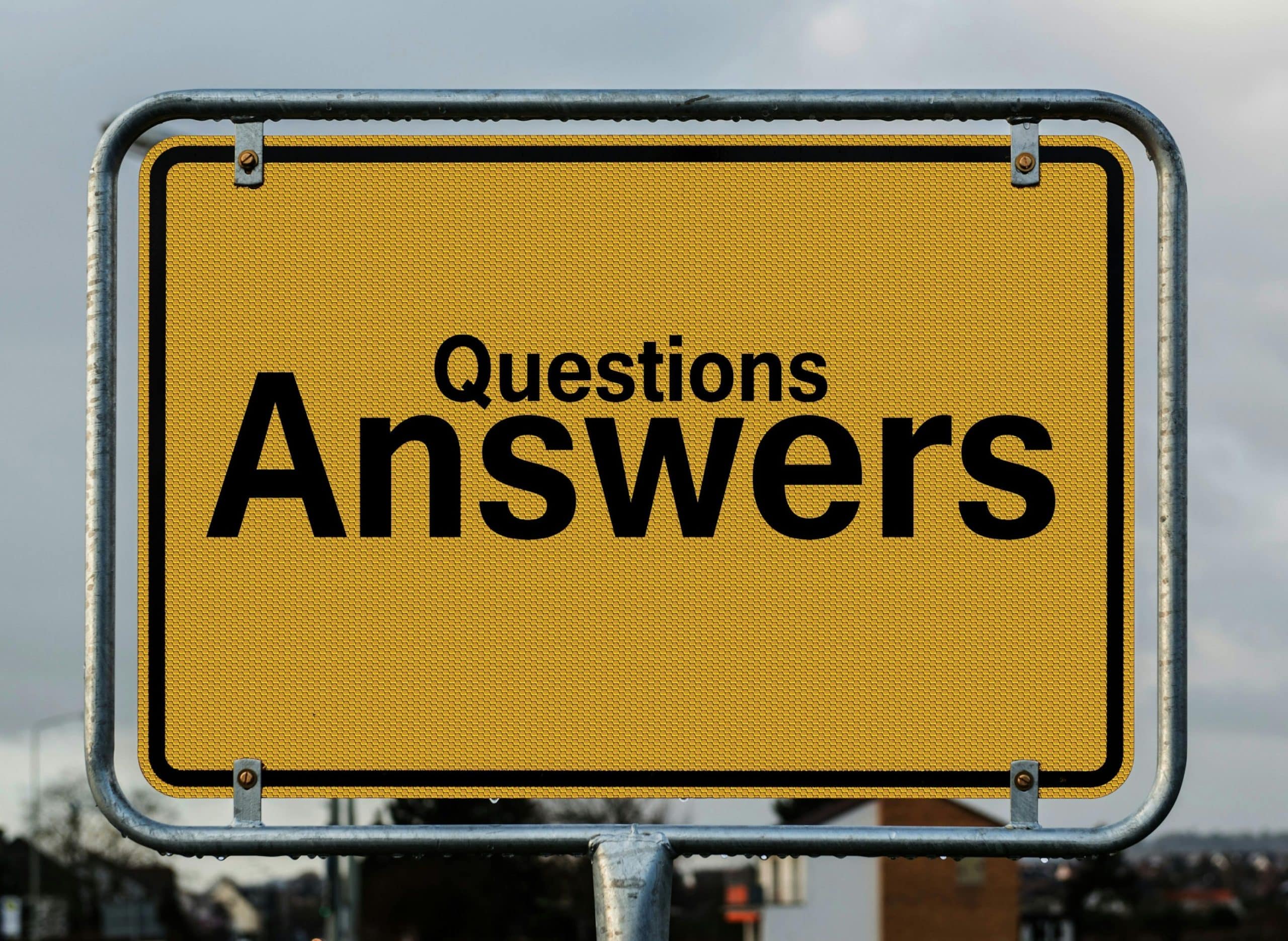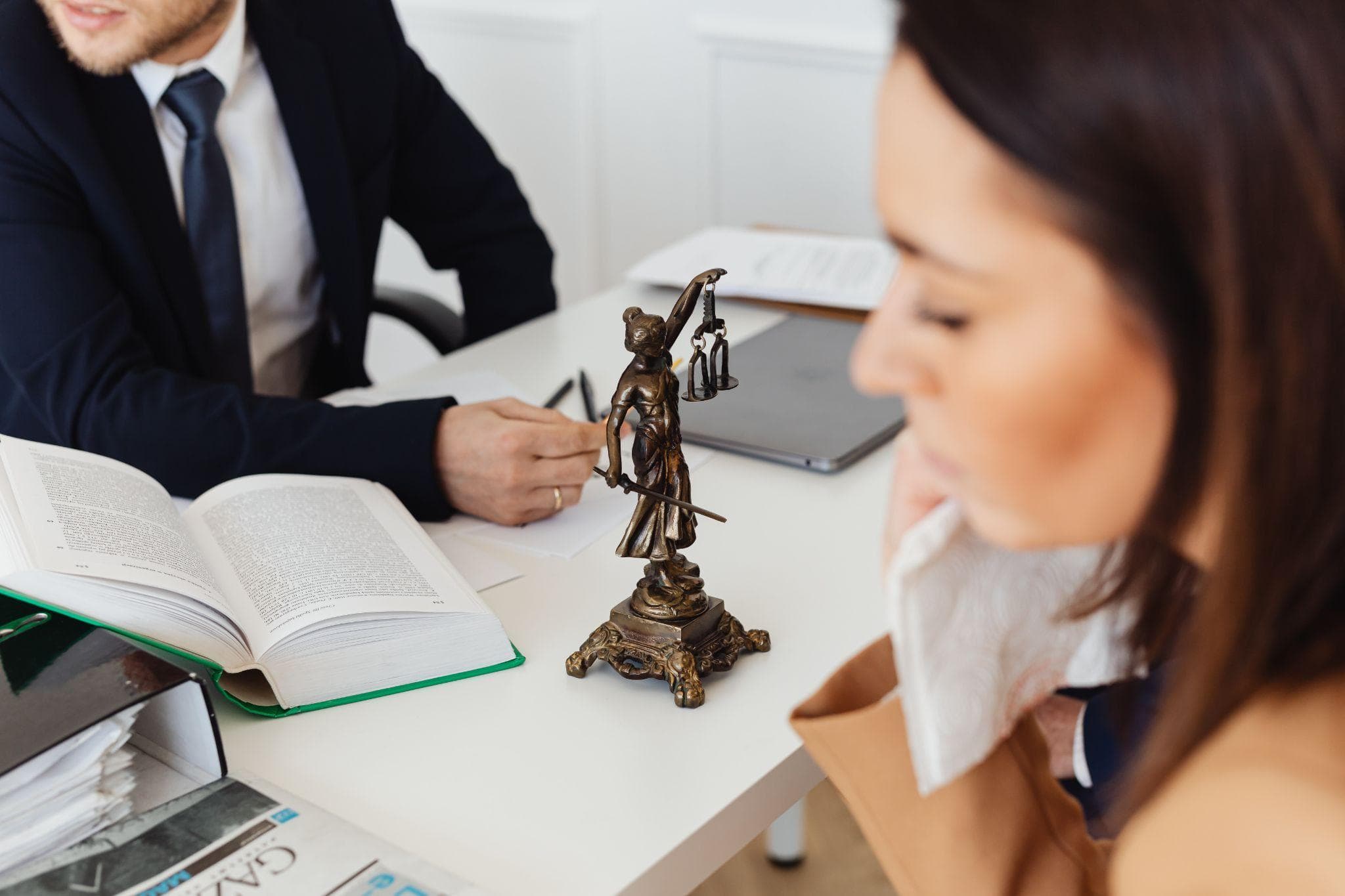
Experiencing a car crash can be a traumatic and overwhelming event. Knowing the steps to take immediately after the accident can make a significant difference in protecting your rights and ensuring a smooth insurance claim process. Whether you are dealing with minor collisions or major accidents, here’s a step-by-step guide on what to do after a car crash, specifically tailored for Nevada drivers.
1. Ensure Safety and Move to a Safe Location
Immediately after a car crash, your first priority should be safety. If the accident happened in a busy area, turn on your hazard lights to alert other drivers. If possible, move your vehicle to a safe location away from traffic. If the vehicles involved are not drivable, leave them as they are and move to a safe spot.
2. Check for Injuries and Seek Medical Assistance
Check yourself and passengers for any injuries. If anyone is injured, call 911 immediately to request medical assistance. Even if injuries seem minor, it’s important to seek medical attention as some injuries might not be immediately apparent.
3. Call the Police and File an Accident Report
Nevada law requires drivers to report accidents that result in injury, death, or significant property damage. Call the police to the scene of the accident. The responding officers will create a police report, which will be crucial for your insurance claim. Make sure to get the police officer’s name, badge number, and contact information.
4. Exchange Information with Other Drivers Involved
Exchange information with the other drivers involved in the accident. This includes:
Name and contact information
Driver’s license number
Insurance company and policy number
Vehicle make, model, and license plate number
If there are witnesses, collect their contact information as well. Avoid discussing fault or making statements that could be interpreted as admitting fault.
5. Document the Accident Scene
Take pictures of the accident scene from multiple angles, capturing the vehicle damage, license plate numbers, road conditions, and any visible injuries. These photos will be essential evidence when filing your insurance claim. If possible, take notes about the accident, including the time, date, weather conditions, and how the accident occurred.
6. Notify Your Insurance Company
Inform your insurance company about the accident as soon as possible. Provide them with all the necessary details and cooperate fully. They will guide you through the insurance claim process. Be honest and accurate in your statements to avoid complications later on.
7. Seek Legal Advice from a Car Accident Lawyer
If you sustained injuries or significant property damage, it’s wise to consult with a car accident lawyer. A skilled lawyer can help protect your rights, negotiate with insurance companies, and ensure you receive fair compensation for your losses. Many law firms in Nevada offer a free consultation, so take advantage of this service to understand your legal options.
8. Follow Up on Medical Treatment and Keep Records
Keep all medical bills, records, and receipts related to the accident. Follow your doctor’s advice and attend all follow-up appointments. These documents will support your injury claim and help establish the extent of your injuries and related expenses.
What Information to Collect After a Car Accident?
Gathering the right information after a car crash is crucial for your insurance claim and any potential legal actions. Here’s a detailed list of what you should collect:
Personal Information: Names, addresses, and phone numbers of all drivers and passengers involved.
Driver’s License: Driver’s license numbers of the drivers involved.
Insurance Information: Insurance companies and policy numbers. Take a photo of the other driver’s insurance card if possible.
Vehicle Details: License plate numbers, vehicle identification numbers (VIN), make, model, and year of all vehicles involved.
Police Report: Obtain a copy of the police report or at least the report number and contact details of the responding officer.
Witnesses: Contact information for any witnesses.
Accident Scene Documentation: Photos of the scene, vehicle damage, road conditions, and any visible injuries.
How to File Your Las Vegas Car Accident Claim?
Filing an auto insurance claim can be daunting, but following these steps can simplify the process:
Contact Your Insurance Company: Notify your insurer about the accident as soon as possible. Provide them with a detailed account of what happened and the information you collected.
Submit Necessary Documents: Send all required documents, including the police report, medical records, and repair estimates, to your insurance company.
Work with the Insurance Adjuster: An insurance adjuster will be assigned to your case. Cooperate with them and provide any additional information they request. They will assess the vehicle damage and your medical expenses to determine the claim amount.
Understand Your Policy Limits: Be aware of your auto insurance policy limits. If your damages exceed these limits, you may need to pursue compensation from the other driver’s insurance company or consider legal action.
Negotiate if Necessary: If the initial settlement offer from the insurance company is insufficient, you have the right to negotiate. Having a Nevada car accident lawyer can be beneficial during this stage to ensure you receive fair compensation.
Finalize the Claim: Once you agree on a settlement amount, your insurance company will process the payment. Ensure all medical bills and repair costs are covered before finalizing the claim.
Dealing with the Other Driver’s Insurance Company
If the other driver is at fault, you may need to file a claim with their insurance company. Here are some tips for dealing with the other driver’s insurer:
Stay Calm and Professional: Keep communications polite and professional. Avoid making statements that could be used against you.
Provide Evidence: Share all relevant evidence, including the police report, photos, and witness statements.
Be Cautious with Statements: Do not admit fault or downplay your injuries. Stick to the facts and let the evidence speak for itself.
Consult a Lawyer: If the other driver’s insurance company disputes your claim or offers a low settlement, consult with a car accident lawyer to explore your options.
How an Attorney Can Help You After a Car Crash: Brief Overview
When you’re involved in a car accident, navigating the aftermath can be daunting. From understanding your rights to negotiating with insurance companies, the process can be overwhelming. This is where an experienced car accident attorney comes in. Let’s delve into how these legal professionals can assist you in such situations.
Legal Guidance and Support: An attorney will explain your rights and options following a car accident, guiding you through the legal process to ensure you make informed decisions.
Investigation and Evidence Gathering: Attorneys conduct thorough investigations, gathering crucial evidence such as accident reports, medical records, and witness statements to build a strong case.
Determining Liability: An attorney will analyze the evidence to establish fault and identify all responsible parties, which is essential in complex accident scenarios.
Dealing with Insurance Companies: Handling all communications, an attorney ensures your rights are protected and negotiates with insurance companies to seek fair compensation.
Calculating Damages: Attorneys accurately assess the full extent of your damages, including medical bills, lost wages, and pain and suffering, to ensure comprehensive compensation.
Negotiating Settlements: An experienced attorney will negotiate with the insurance company to reach a fair settlement, using their knowledge and evidence to avoid lowball offers.
Filing a Lawsuit: If a settlement cannot be reached, your attorney will file a lawsuit, handle legal procedures, and represent you in court to present a strong case.
Maximizing Compensation: An attorney’s expertise and dedication aim to maximize your compensation, significantly increasing your chances of a fair and full settlement or court verdict.

Revive Your Road to Recovery with BLG: Your Partners in Justice
Being involved in a car crash is a stressful experience, but knowing what to do after a car crash can help you navigate the situation more effectively. Prioritize safety, gather necessary information, and seek medical attention. Promptly report the accident to the police and your car insurance company, and consider consulting a car accident lawyer to protect your rights and secure fair compensation.
For Nevada drivers, understanding the steps to take and the information to collect after a car accident can make the difference between a smooth recovery and a prolonged, frustrating claims process. By staying informed and prepared, you can handle the aftermath of a car crash with confidence and peace of mind.
If you’ve been involved in a car crash in Nevada, don’t navigate the aftermath alone. BLG is here to help you every step of the way. Our experienced car accident lawyers are dedicated to protecting your rights and ensuring you receive the compensation you deserve.
Contact us today for a free consultation.
FAQs
What to do immediately after a collision?
Ensure safety by moving to a safe location if possible. Check for injuries and call emergency services if needed. Exchange information with the other driver(s) and document the scene with photos and notes.
What should you not do after being involved in a crash?
Do not leave the scene or admit fault. Avoid making statements that could be seen as admitting guilt, and ensure you call the police if the accident is serious or involves significant damage.
Do you need a police report to file an insurance claim in Nevada?
While not always required, having a police report can be very helpful in supporting your insurance claim and providing an official account of the incident.
Does your insurance go up after a claim that is not your fault?
It can, depending on your insurance company’s policies and state regulations. Some insurers may increase premiums even if the accident was not your fault.





